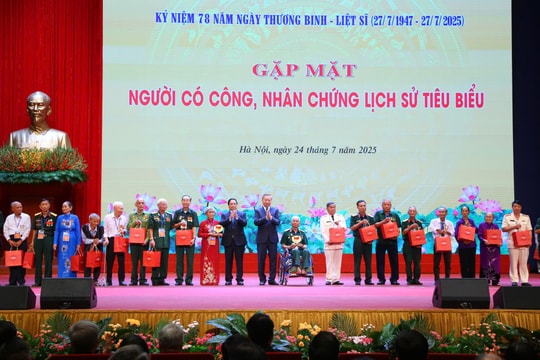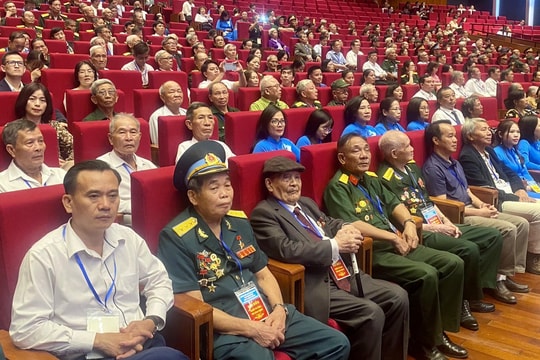'According to Uncle Ho's advice: Show gratitude to those who have contributed'
President Ho Chi Minh – not only was the founder of the Democratic Republic of Vietnam, but also the one who laid the profound foundation for the tradition of gratitude, through thoughts, actions, and with his "limitless compassion" for wounded soldiers and martyrs.
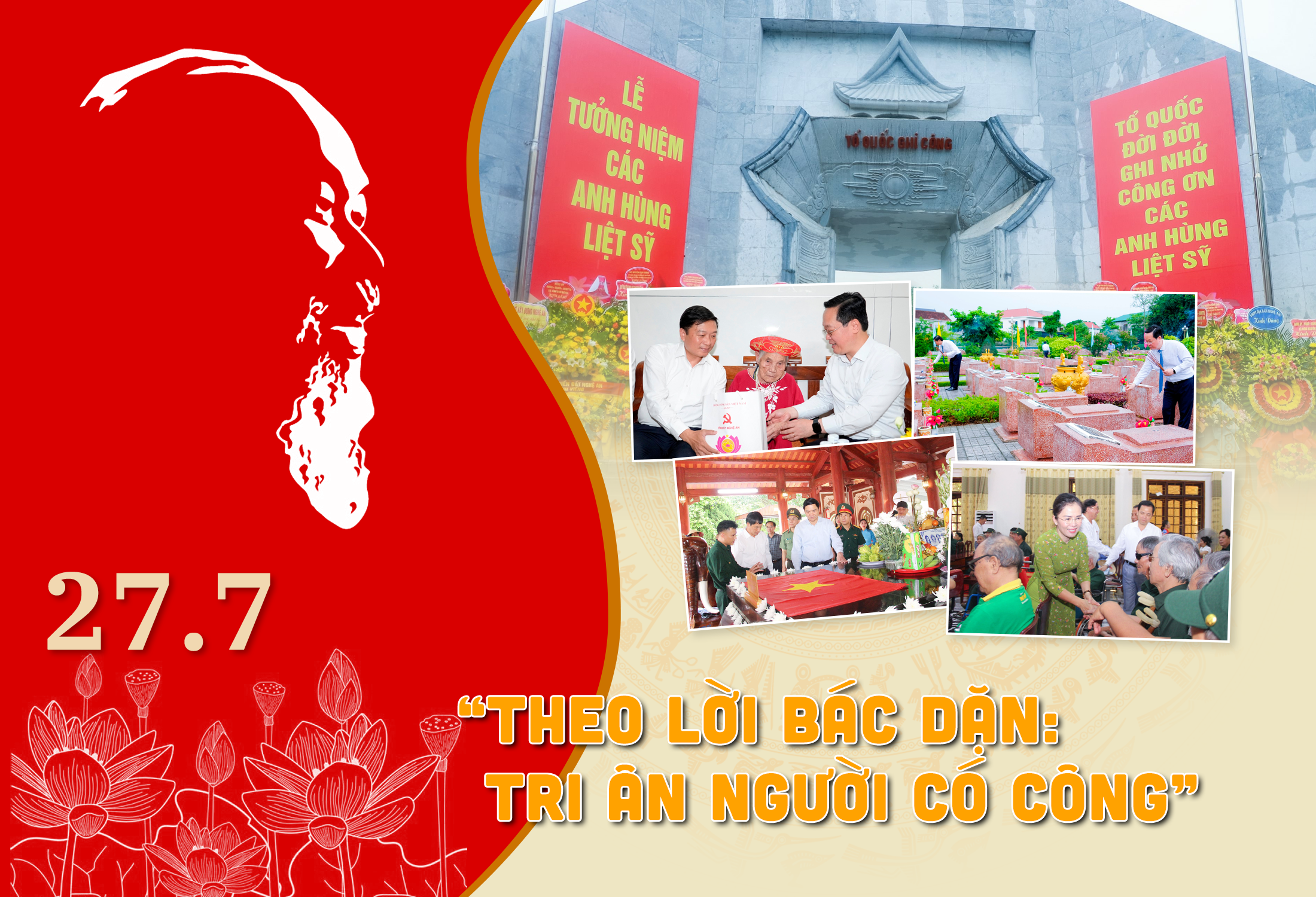
Dr. Tran Ngoc Nhieu• July 26, 2025
Every July, in the silent incense sticks at the graves of patriots, in the flickering candlelight at martyrs' cemeteries, the hearts of Vietnamese people are filled with memories of millions of children who have fallen for independence and freedom. War Invalids and Martyrs Day, July 27, is not only a historical milestone, but also a sacred reminder of the morality of "When drinking water, remember its source". And there, President Ho Chi Minh - not only the founder of the Democratic Republic of Vietnam, but also the one who laid the profound foundation for the tradition of gratitude, through thoughts, actions, and with his "limitless compassion" for war invalids and martyrs.

As early as June 1947, amidst the fierce bombardment of the resistance war against French colonialism, President Ho Chi Minh directed to choose a day for the whole country to remember and pay tribute to those who sacrificed or left a part of their blood and bones for the Fatherland. In a letter to the Standing Committee of the Organizing Committee of the “National War Invalids Day” dated July 17, 1947, Uncle Ho wrote:“War invalids are those who have sacrificed their families and blood to protect the Fatherland and protect their compatriots. For the benefit of the Fatherland and their compatriots, they suffered from illness and cripples. Therefore, the Fatherland and their compatriots must be grateful and must help these brave sons.”(1).
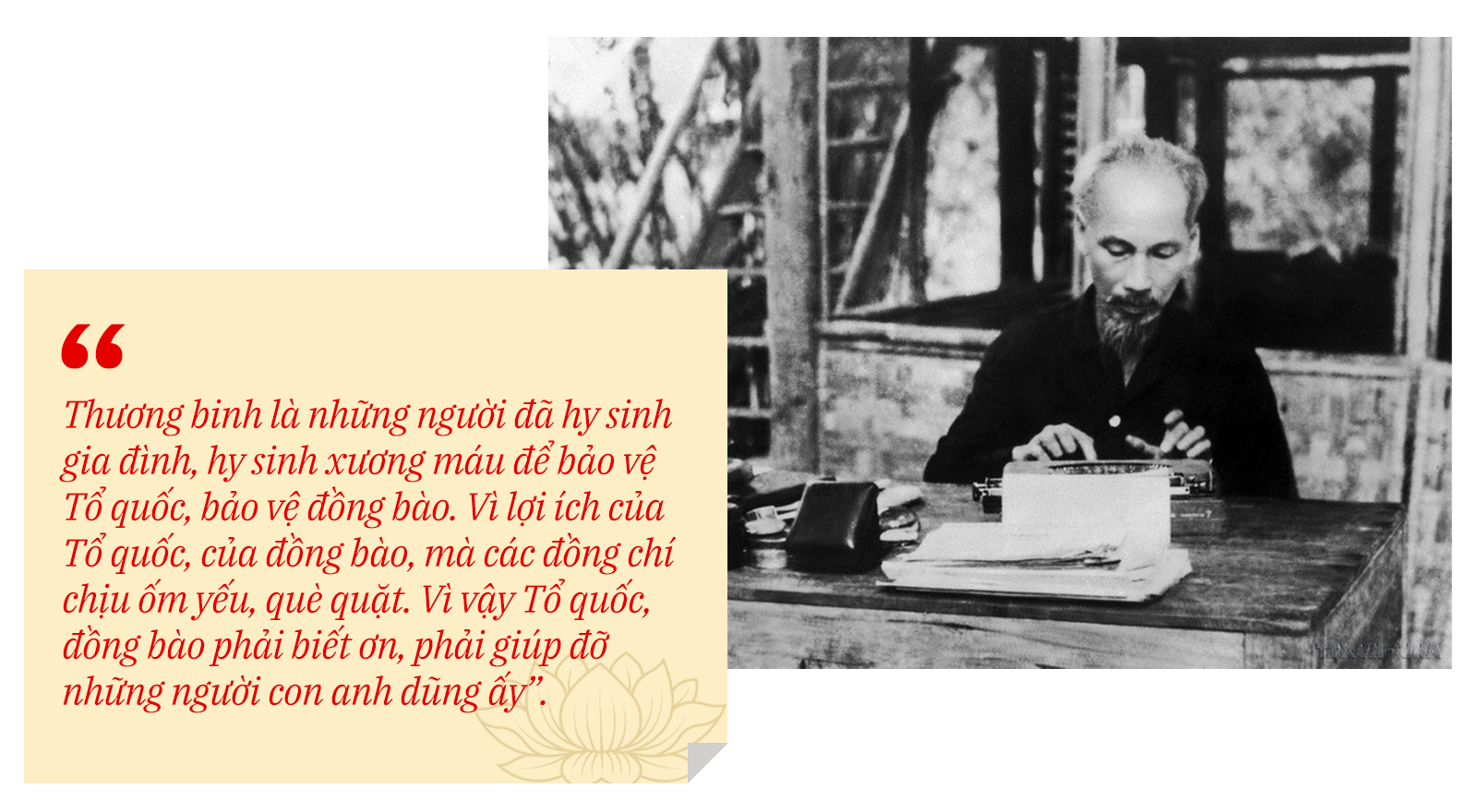
Letter to war invalids, sick soldiers and families of martyrs on July 27, he wrote:“War invalids, sick soldiers, military families and families of martyrs are people who have contributed to the Fatherland and the people. Therefore, it is our duty to be grateful, to love and help them.”(2).
His words are not only a moral command, but also a profound human truth, that the blood of soldiers has watered this land, and the nation cannot move forward without bowing its head in gratitude to the past.
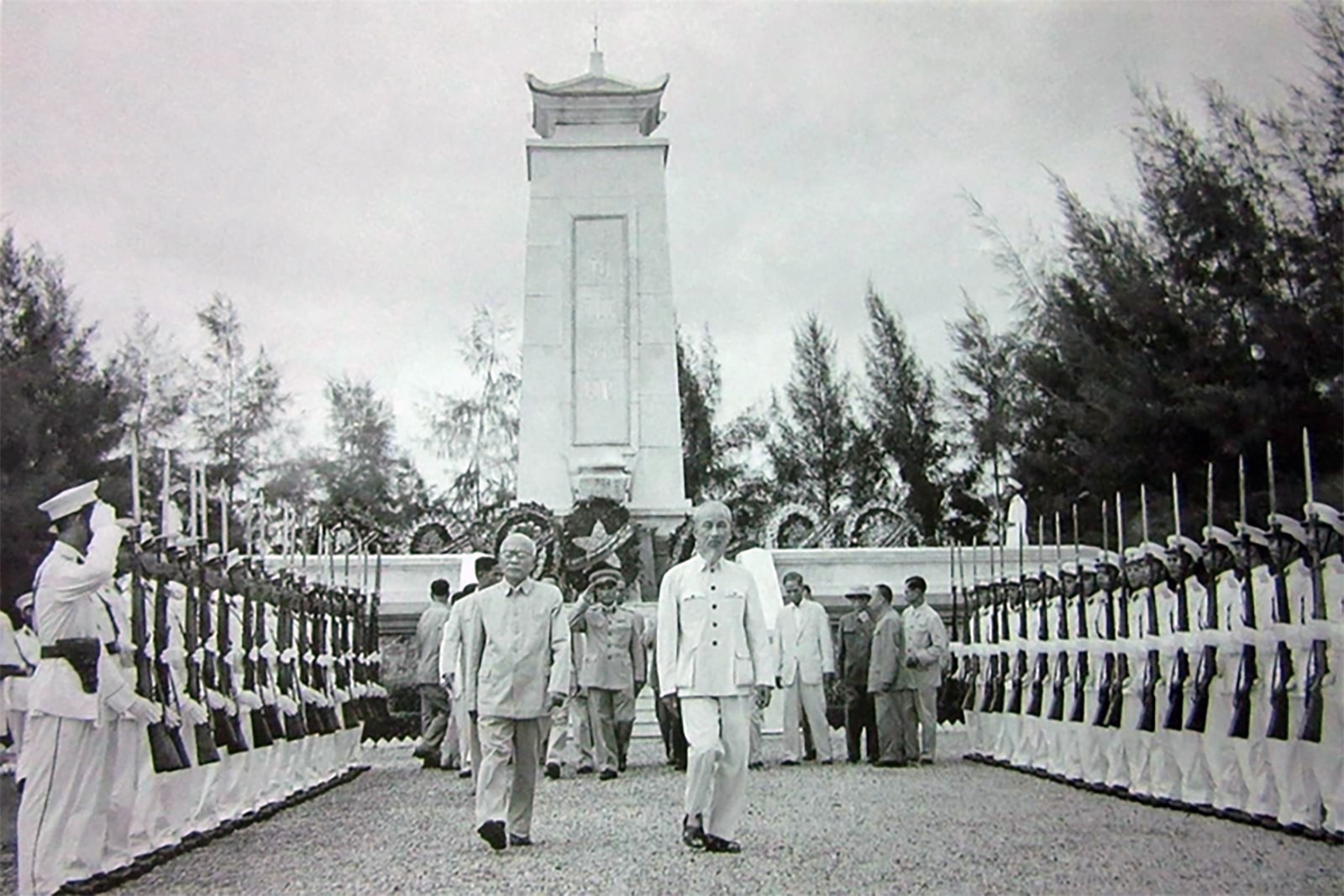
In Ho Chi Minh's thought, a wounded soldier is not only a returning soldier, but also a living symbol of patriotism, indomitable will and heroic spirit, "The blood of those martyrs has made the revolutionary flag shine redder. The heroic sacrifice of the martyrs has prepared our country for the blossoming of independence and the fruit of freedom.”(3)Those are lines filled with the pain of the father of the nation, like a silent song from the heart sent to those who will not return.

Uncle Ho's great thoughts were always accompanied by concrete, simple but touching actions. Right from the early years of the country's founding, Uncle Ho spent part of his salary to support the War Invalids Fund, sent Tet gifts, sent letters of greetings and regularly visited nursing homes and hospitals to visit wounded and sick soldiers. The letter to the Standing Committee of the Organizing Committee of the "National War Invalids Day" on July 17, 1947 read:“I volunteer to send a silk bra that a woman gave me, my one month's salary, a meal of mine and that of the staff at the Presidential Palace, a total of one thousand one hundred and twenty-seven dong (1,127 VND.00)”(4).
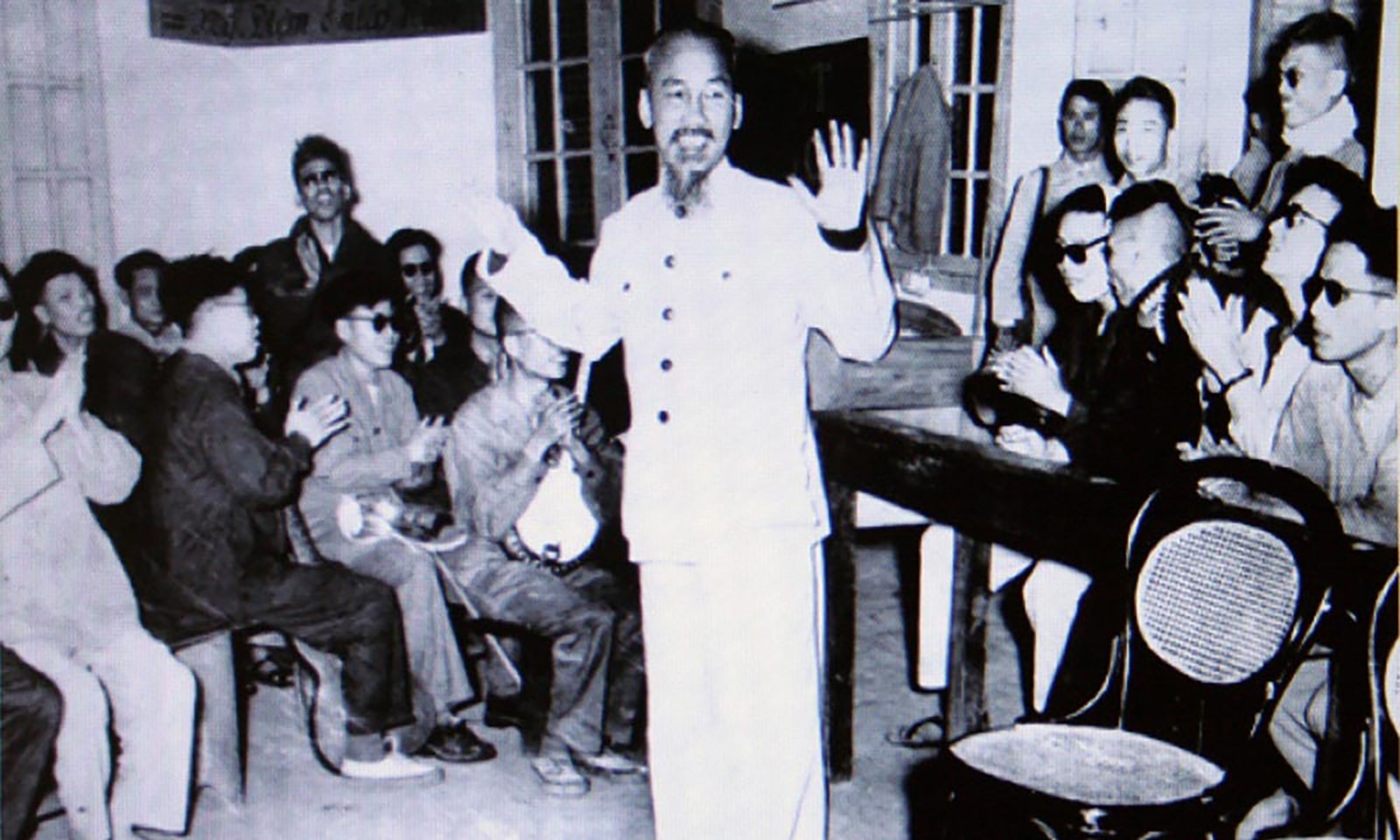
His actions were not ostentatious, but imbued with humanity. He considered caring for wounded soldiers and martyrs as a moral responsibility and also a condition to strengthen the great national unity - where gratitude becomes a lasting glue between generations.

After Uncle Ho passed away, his words became a red thread running through the policies and spiritual life of our people. The movement of “Repaying gratitude”, supporting Vietnamese Heroic Mothers, building martyrs’ cemeteries, taking care of people with meritorious services… became regular actions, not only of the State but also of each citizen.
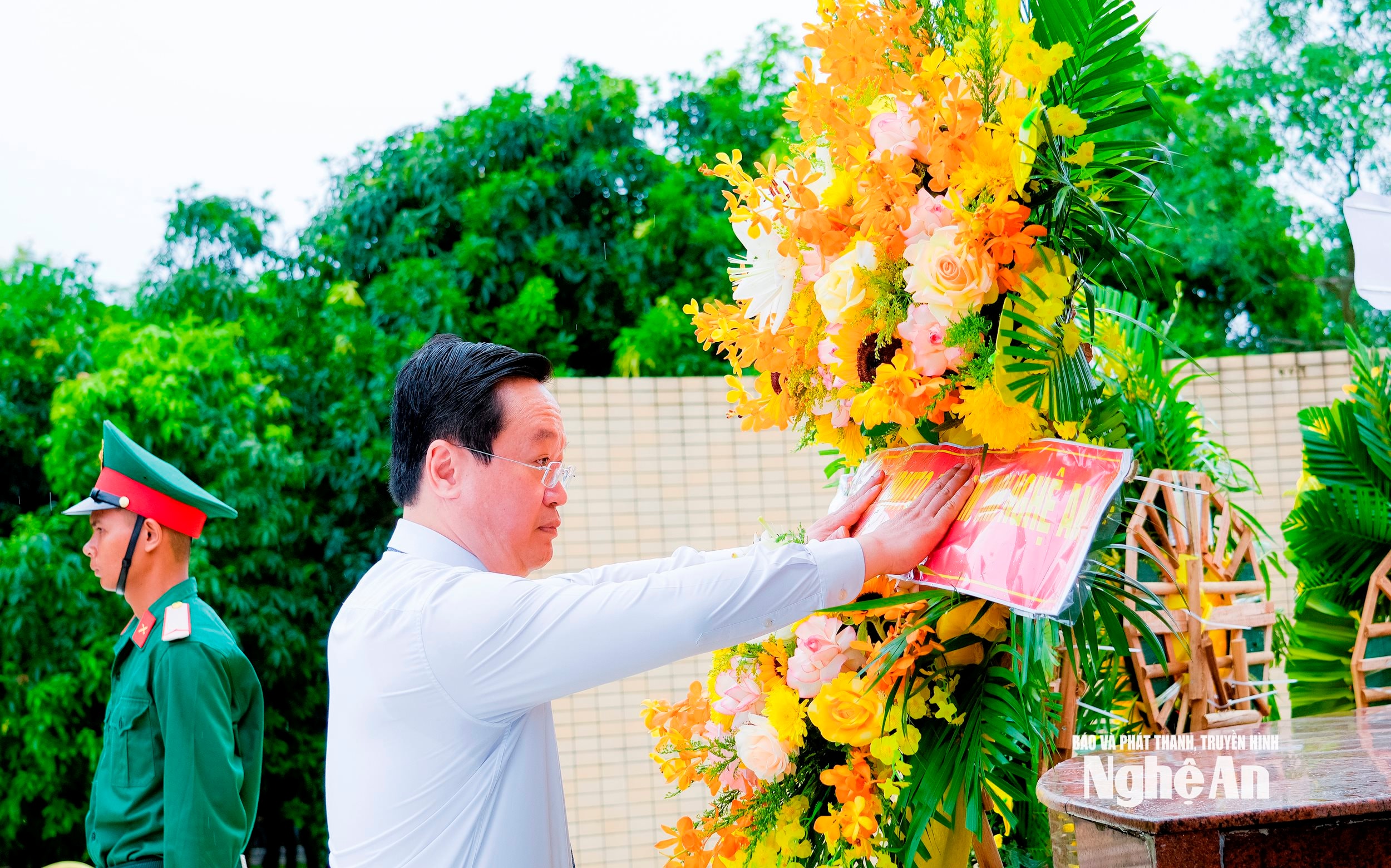
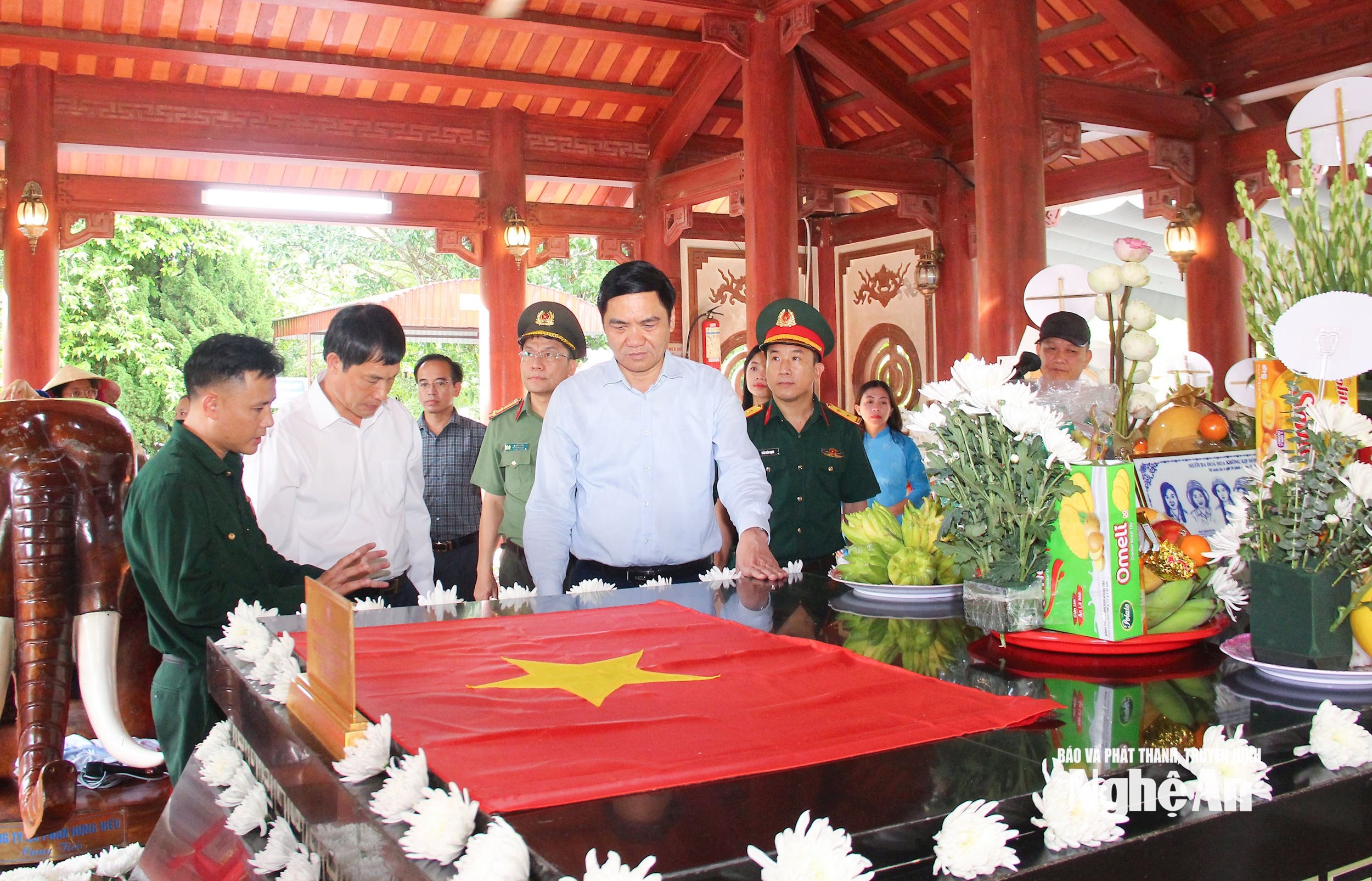
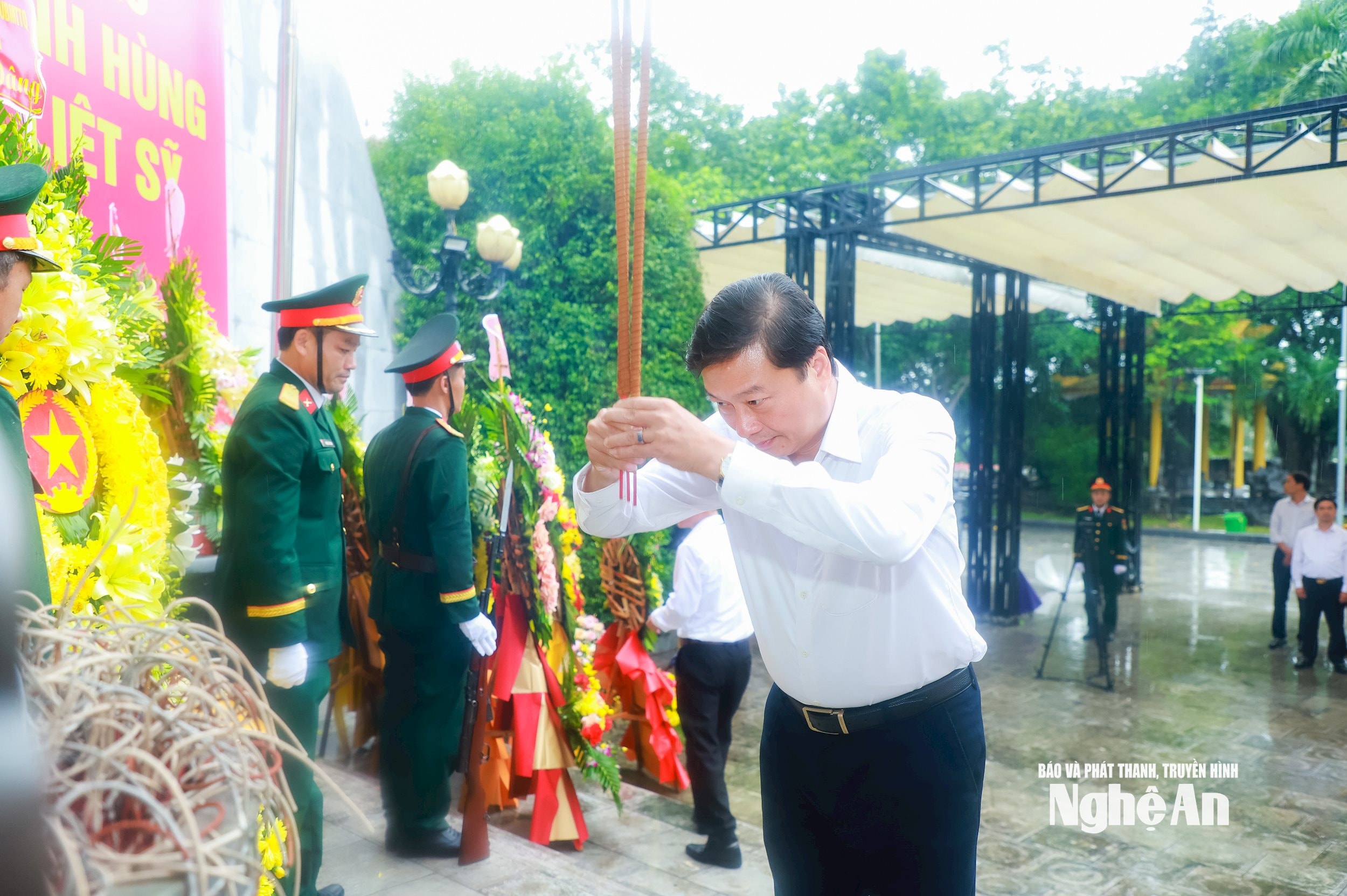
.jpg)
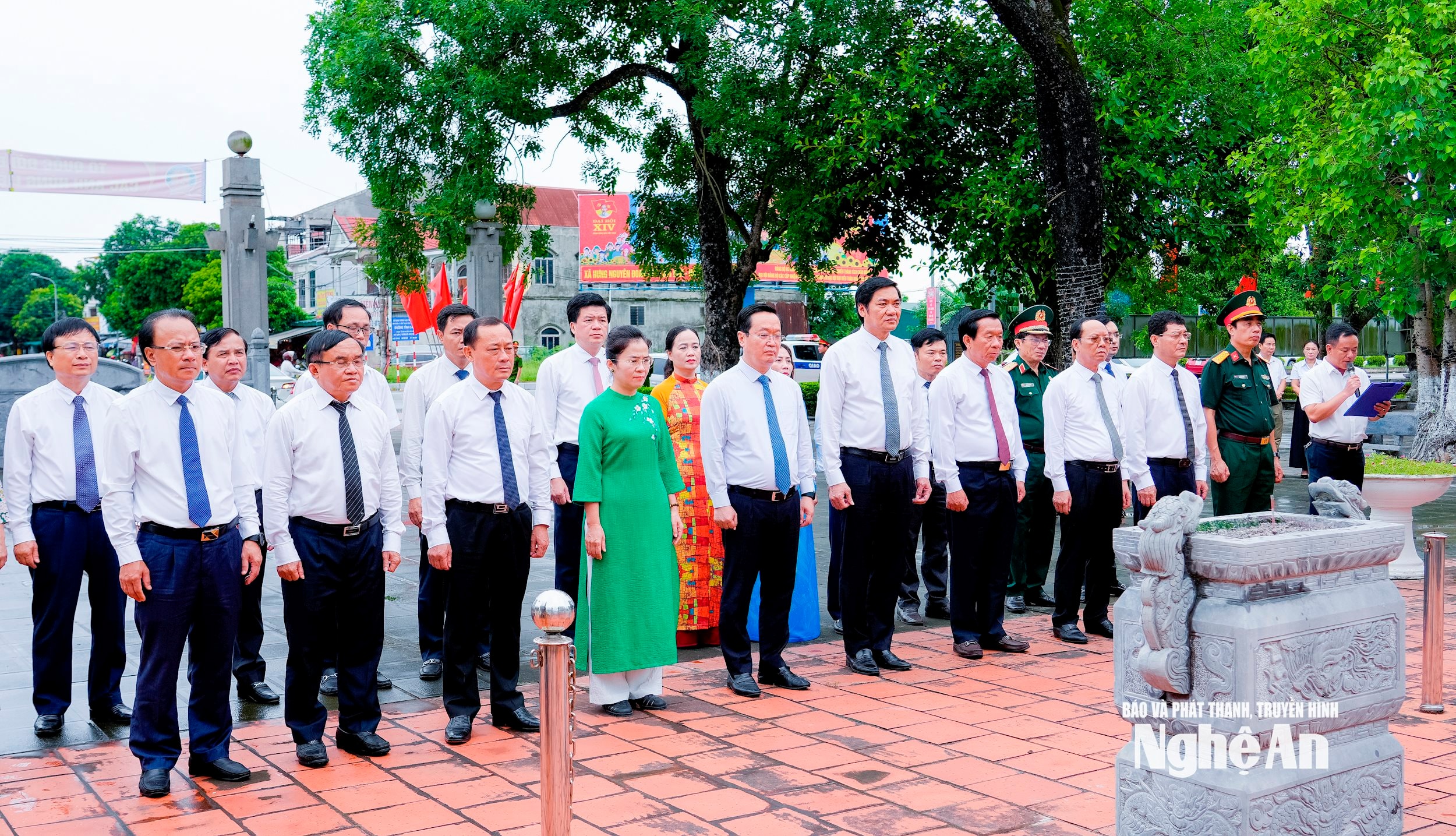
Nghe An - a land rich in revolutionary tradition, the spirit of "When drinking water, remember its source" and "Repaying gratitude" is always engraved and spread through specific and practical actions, lighting candles in gratitude at martyrs' cemeteries, visiting and giving gifts to families with meritorious services, supporting the construction and repair of houses for people with meritorious services.
Many creative models: "Families volunteering to take care of Vietnamese Heroic Mothers", "Enterprises paying tribute to martyrs", "Youth showing gratitude through green actions"...
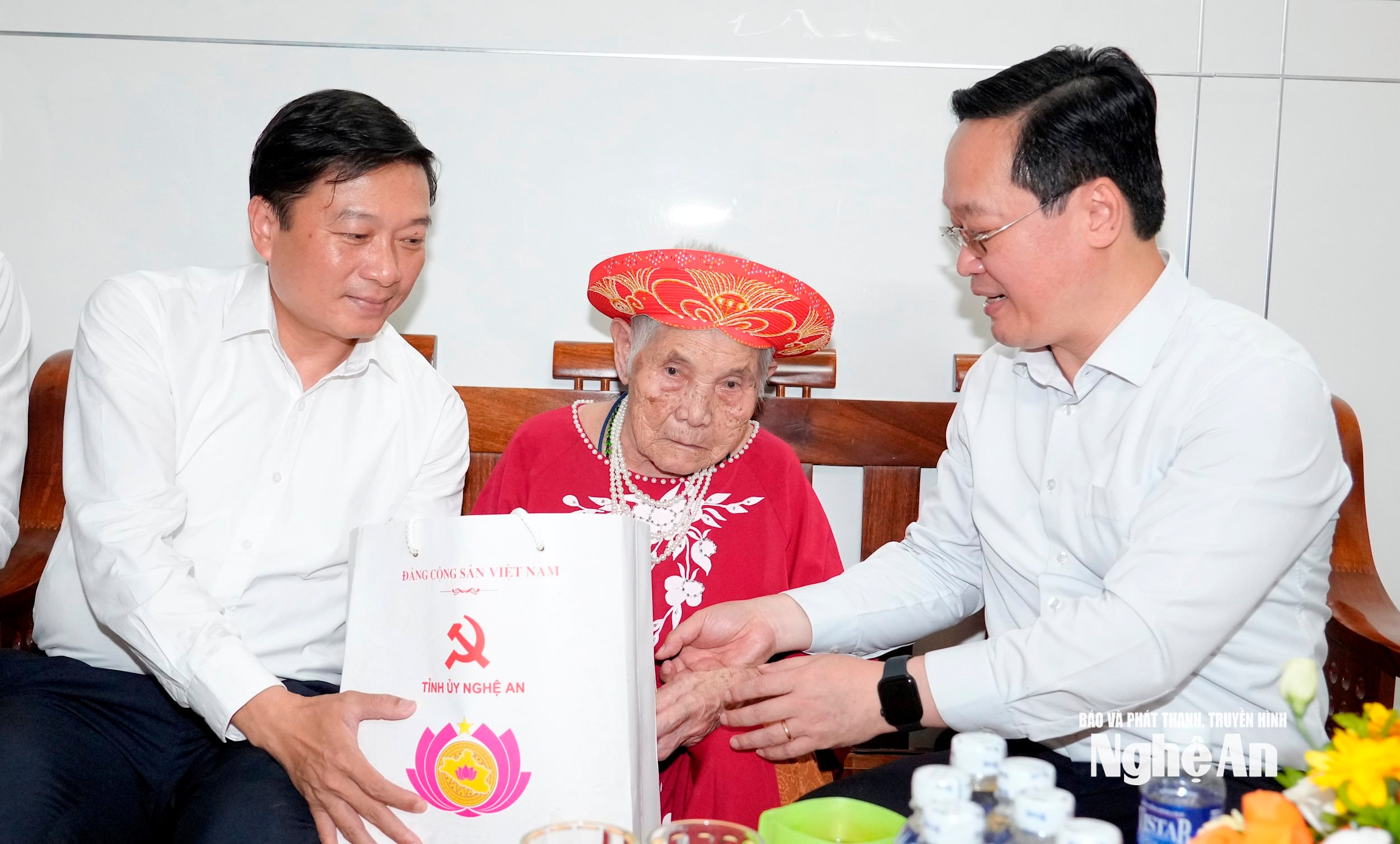
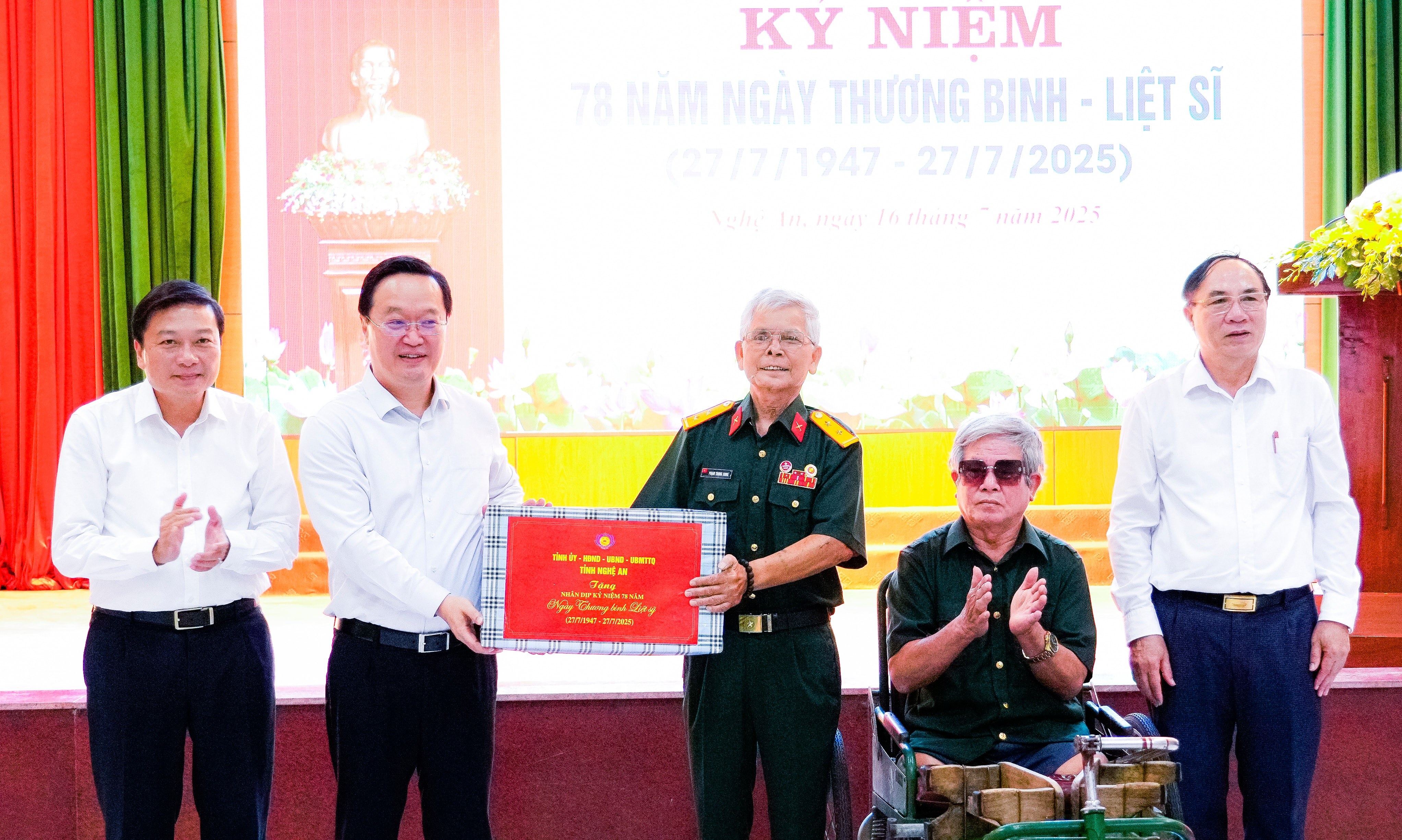
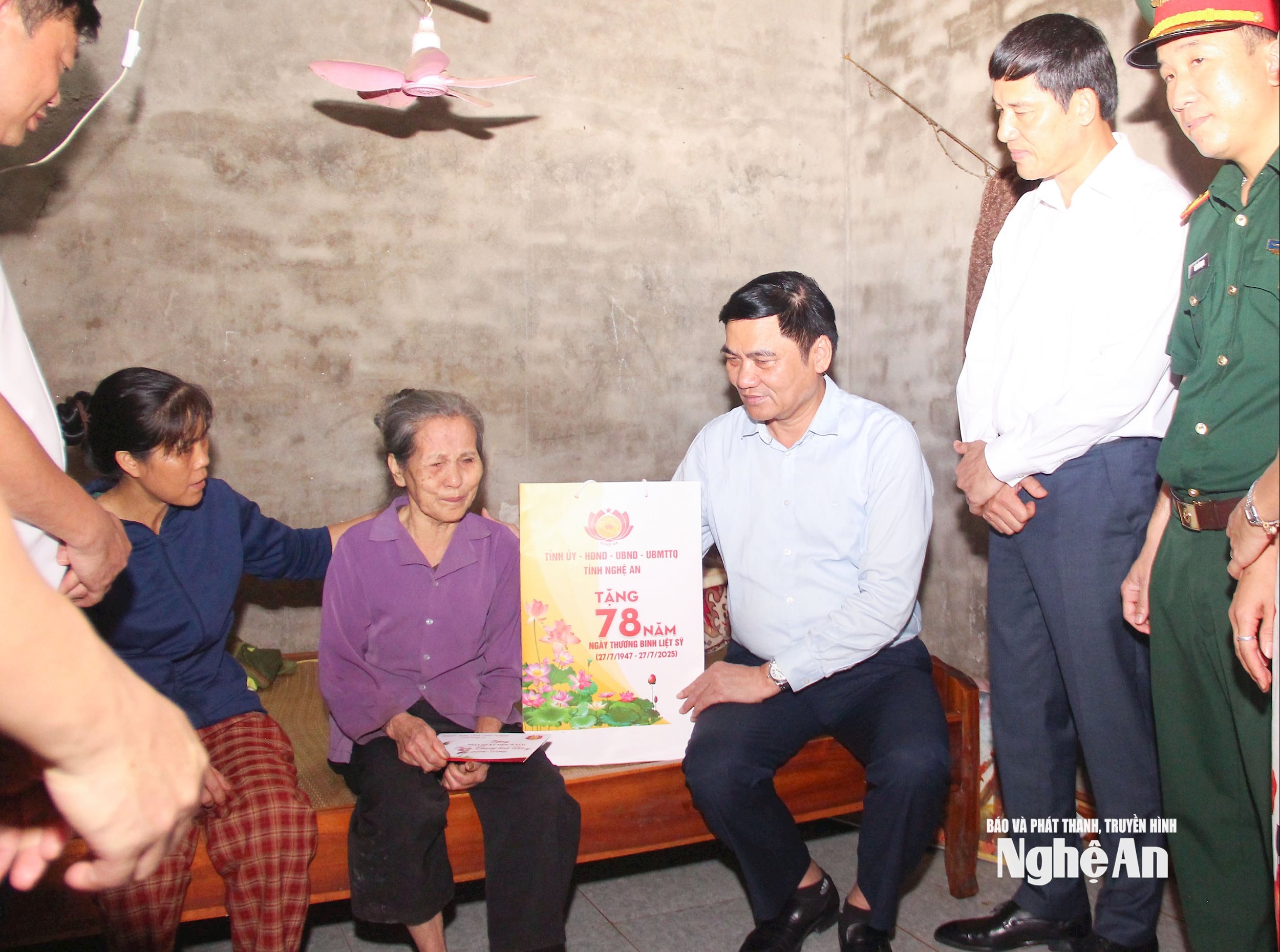
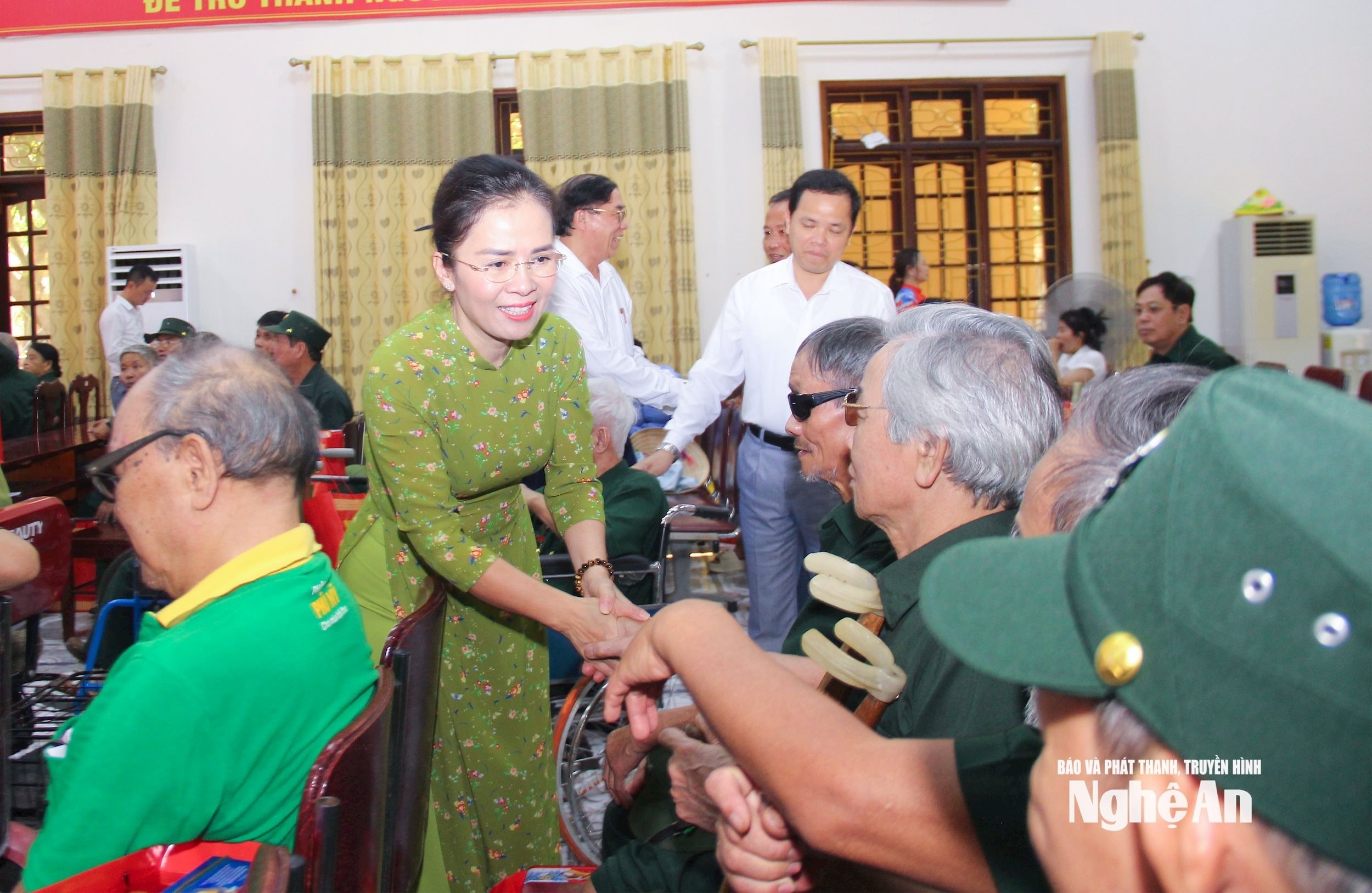
Not only on the occasion of July 27, but all year round, the work of caring for the material and spiritual life of war invalids, sick soldiers, and martyrs' relatives is always maintained stably by Nghe An province, demonstrating the government's sense of responsibility and the people's deep gratitude.

It has been 78 years since Uncle Ho wrote a letter to the wounded soldiers, but the spirit of that letter still holds true. It is a reminder that gratitude is not only on July 27, but must be a regular, continuous, concrete and responsible action.
.jpg)
.jpg)
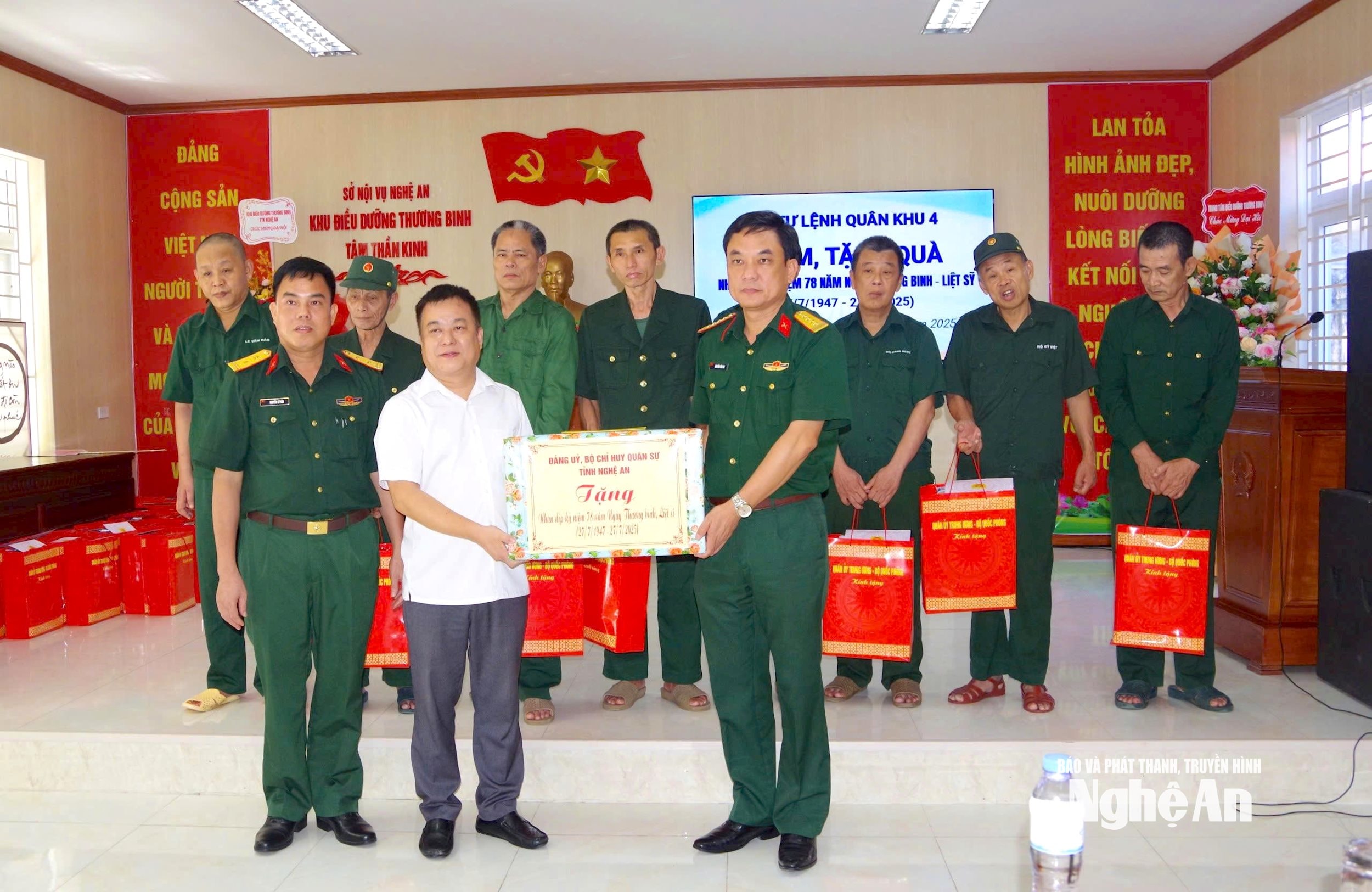
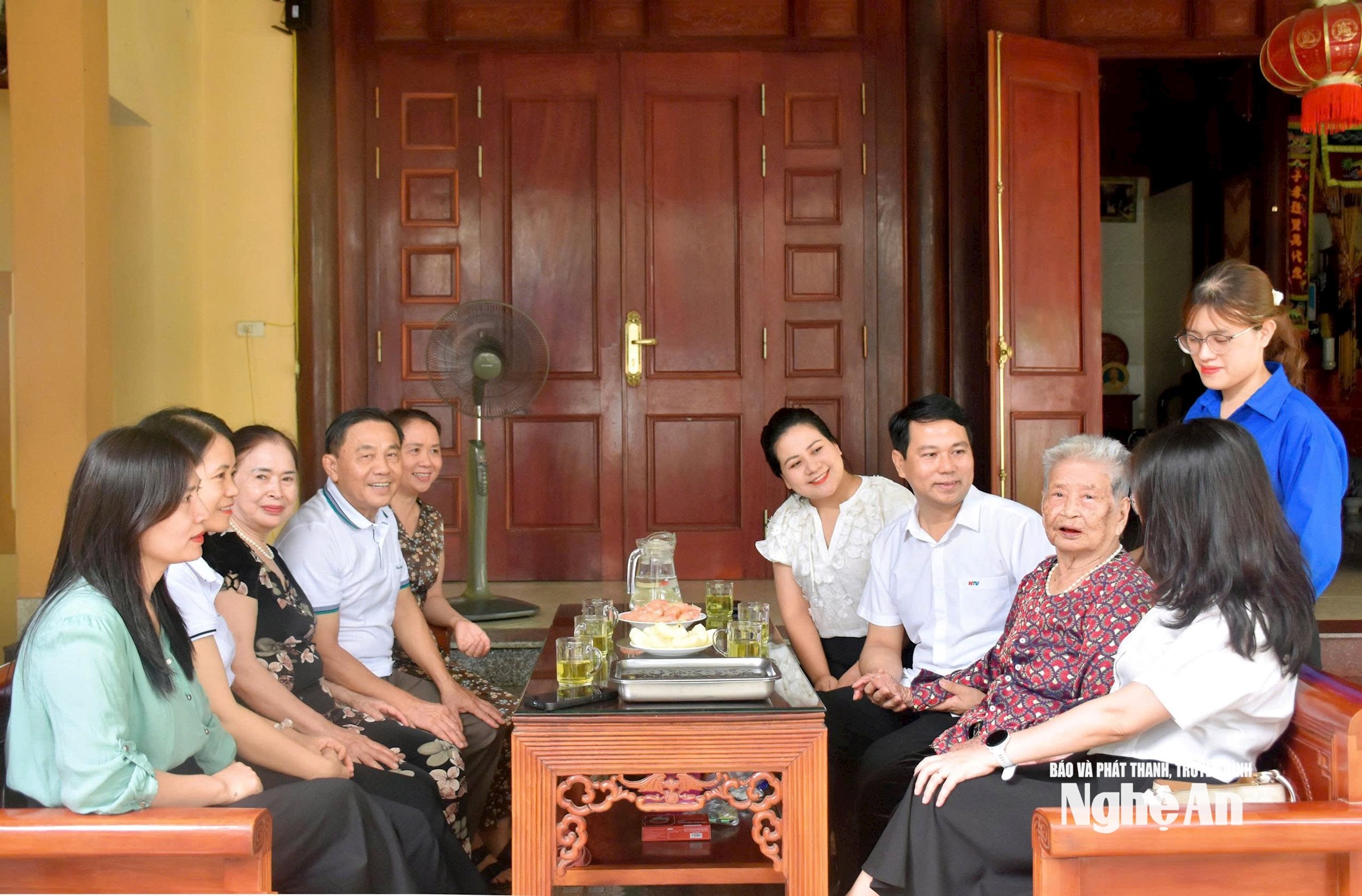
In the current context, as the country enters a new era, Uncle Ho's advice is still a guiding principle:“Our people will forever remember the martyrs' merits and we must always learn from their brave spirit to overcome all difficulties and hardships, and complete the revolutionary cause that the martyrs have passed on to us."(5).
July 27 is not only an occasion to celebrate, but also an opportunity for every Vietnamese person - especially the people of Nghe An - to reflect on themselves, to be grateful, to act, to live up to the great sacrifices of many generations of fathers and brothers.
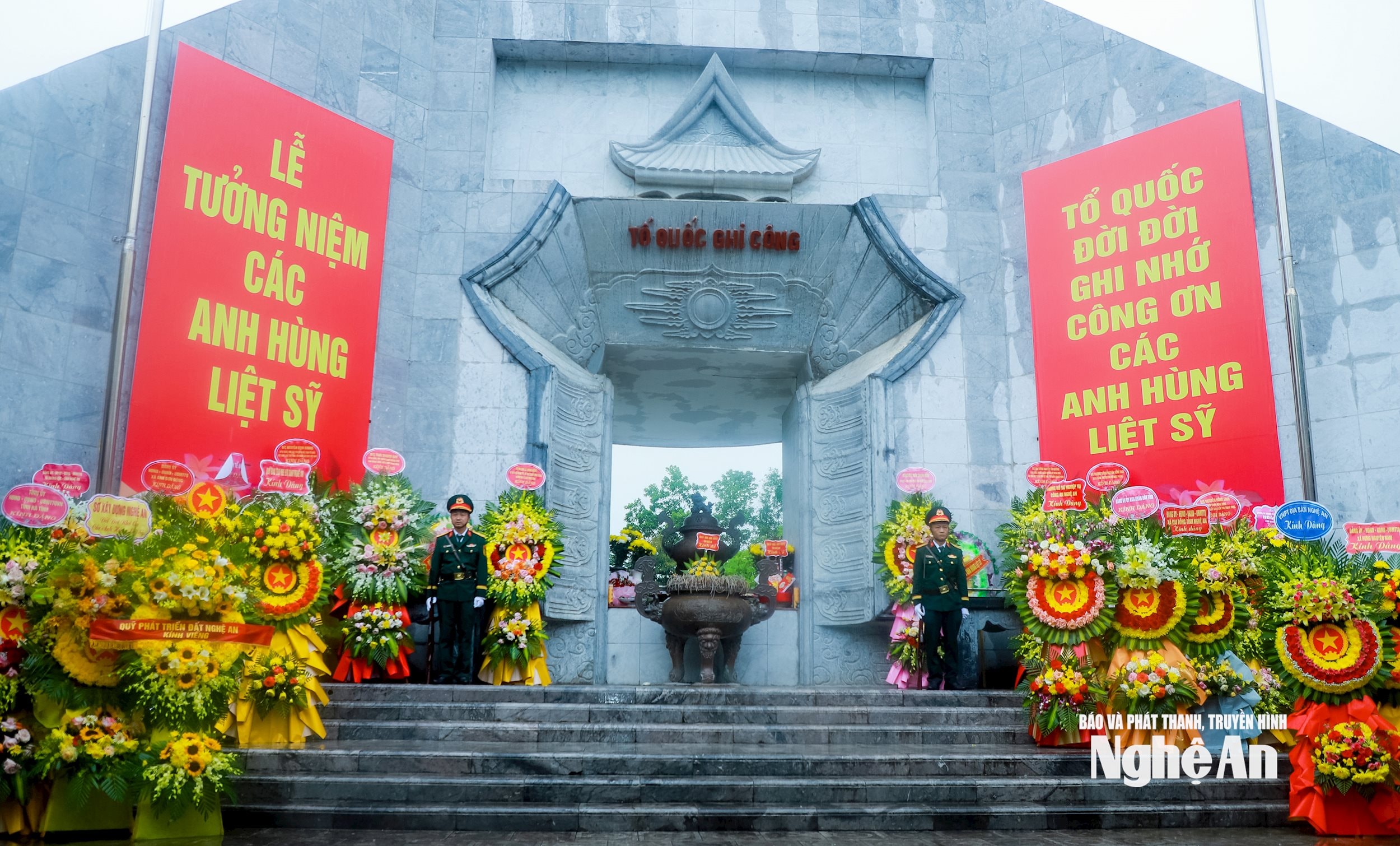
(1) Ho Chi Minh, Complete Works, National Political Publishing House, Hanoi, 2011, volume 5, p.204.
(2) Ho Chi Minh, Complete Works, National Political Publishing House, Hanoi, 2011, volume 10, p.372.
(3) Ho Chi Minh, Complete Works, National Political Publishing House, Hanoi, 2011, volume 12, p.401.
(4) Ho Chi Minh, Complete Works, National Political Publishing House, Hanoi, 2011, volume 5, p.205.
(5) Ho Chi Minh, Complete Works, National Political Publishing House, Hanoi, 2011, volume 12, p.401.

